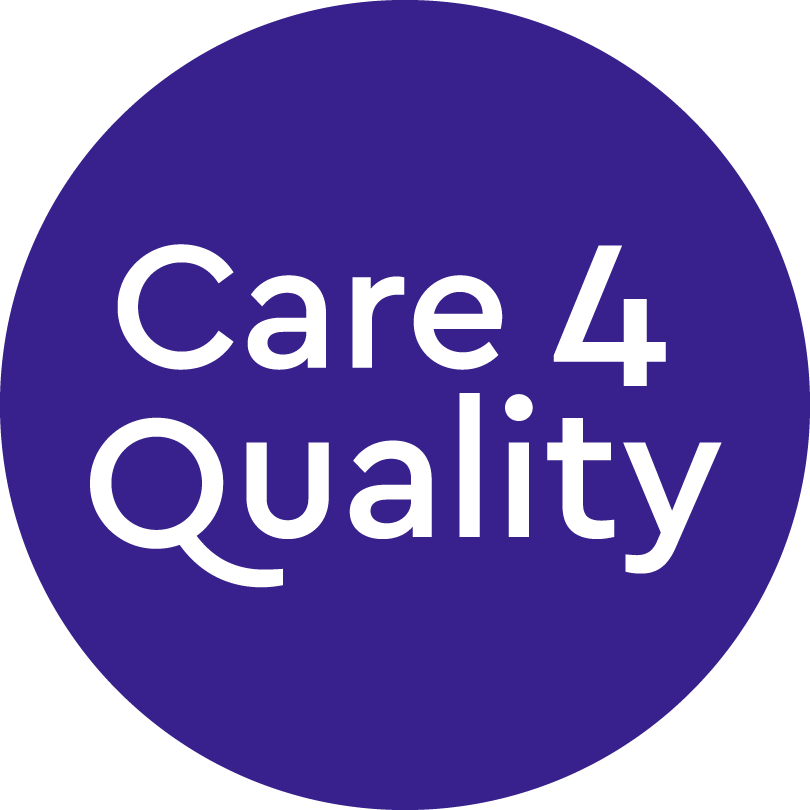With insights from Care 4 Quality
As the colder months approach, heal and social care services begin to brace themselves for the now-familiar impact of winter pressures – a surge in emergency demand, bed shortages, staff illness, and increasing pressures across both acute and social care services. These seasonal challenges don’t just strain the system – they raise critical questions about service user safety, staffing, and system resilience.
At Care 4 Quality, we’re supporting providers through this intense period by offering guidance on preparation, compliance, and continuous improvement – especially as the CQC’s inspection approach evolves under its new Single Assessment Framework.
What Are “Winter Pressures”?
Winter pressures typically run from November through March, driven by:
- A rise in flu, COVID-19, and respiratory illnesses
- Increasing frailty and complexity of care needs in older service users
- Ongoing staffing challenges and burnout
- Delayed discharges from NHS services due to a lack of capacity in social care settings
These factors often lead to dangerous overcrowding in A&E departments, longer waits for ambulances and hospital beds, and delays in accessing timely treatment.
What Is the CQC’s Role?
The Care Quality Commission (CQC) remains a central player during winter, ensuring that care services – particularly urgent and emergency care – maintain safe, effective, and responsive services. Key CQC actions include:
- Risk-based inspections of services showing signs of stress
- Publishing safety alerts or themed reports based on winter performance
- Enforcement action if services are failing to protect people from harm
In past winters, we’ve seen NHS trusts rated “Inadequate” after CQC inspections found unsafe staffing and a lack of oversight during surge periods.
What’s Different for Winter 2025–2026?
This winter is the first in which the Single Assessment Framework (SAF) is fully operational. Here’s what that means:
Continuous Evidence Gathering
The CQC is now using real-time data, interviews, and feedback to build an ongoing picture of service quality – rather than relying solely on full inspections.
Integrated Care Systems (ICS) Under Scrutiny
The CQC is inspecting whole systems, not just individual providers. That means services will be judged not only on their own performance, but also on how well they work with hospitals, GPs, local authorities, and social care to manage winter pressures.
Greater Digital Oversight
From staff absence tracking to ambulance delays, the CQC is monitoring trends across the system more closely than ever – using data to identify risk before failure happens.
Increasing Inspections
Last winter the CQC was undertaking substantially lower than average numbers of inspections and services may have felt less pressures to demonstrate compliance in amongst the confusion of the new framework. Over the last few months, the CQC have been increasing inspections numbers and the potential to be inspected is much higher.
Tips for Staying Compliant During Winter
Here are some proactive steps all providers can take:
- Staffing plans: Build in flexibility for high absence rates.
- Escalation protocols: Ensure staff know what to do when services become overwhelmed.
- Effective discharge planning: Collaborate with ICS partners to free up hospital beds.
- Real-time audit: Monitor service user safety risks as they arise.
- Documentation: Clearly evidence your winter planning and ongoing quality assurance.
- Business Continuity: Ensure that you have robust business continuity plans in place to prevent any harm to service users from a disruption in service.
Final Thoughts
The CQC will be watching closely this winter—but so will the public. For care providers, winter is an opportunity to show resilience, compassion, and leadership. At Care 4 Quality, we’re here to help you rise to the challenge — with the tools, support, and expertise to not just meet, but exceed regulatory expectations.
Ready to prepare for winter?
Get in touch with Care 4 Quality today to book a mock inspection or winter-readiness consultation. Let’s work together to protect service users, support staff, and deliver outstanding care – no matter the season.

